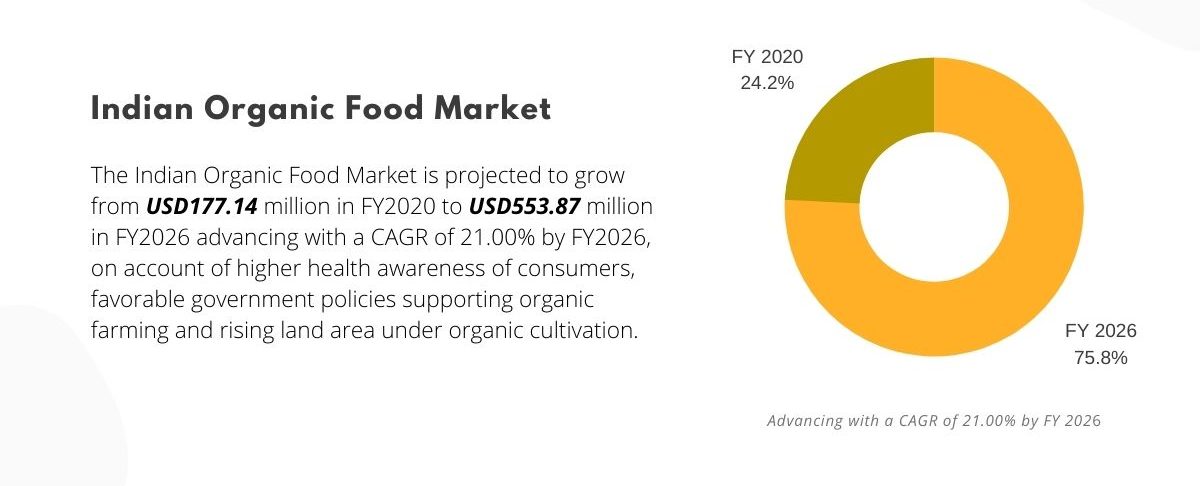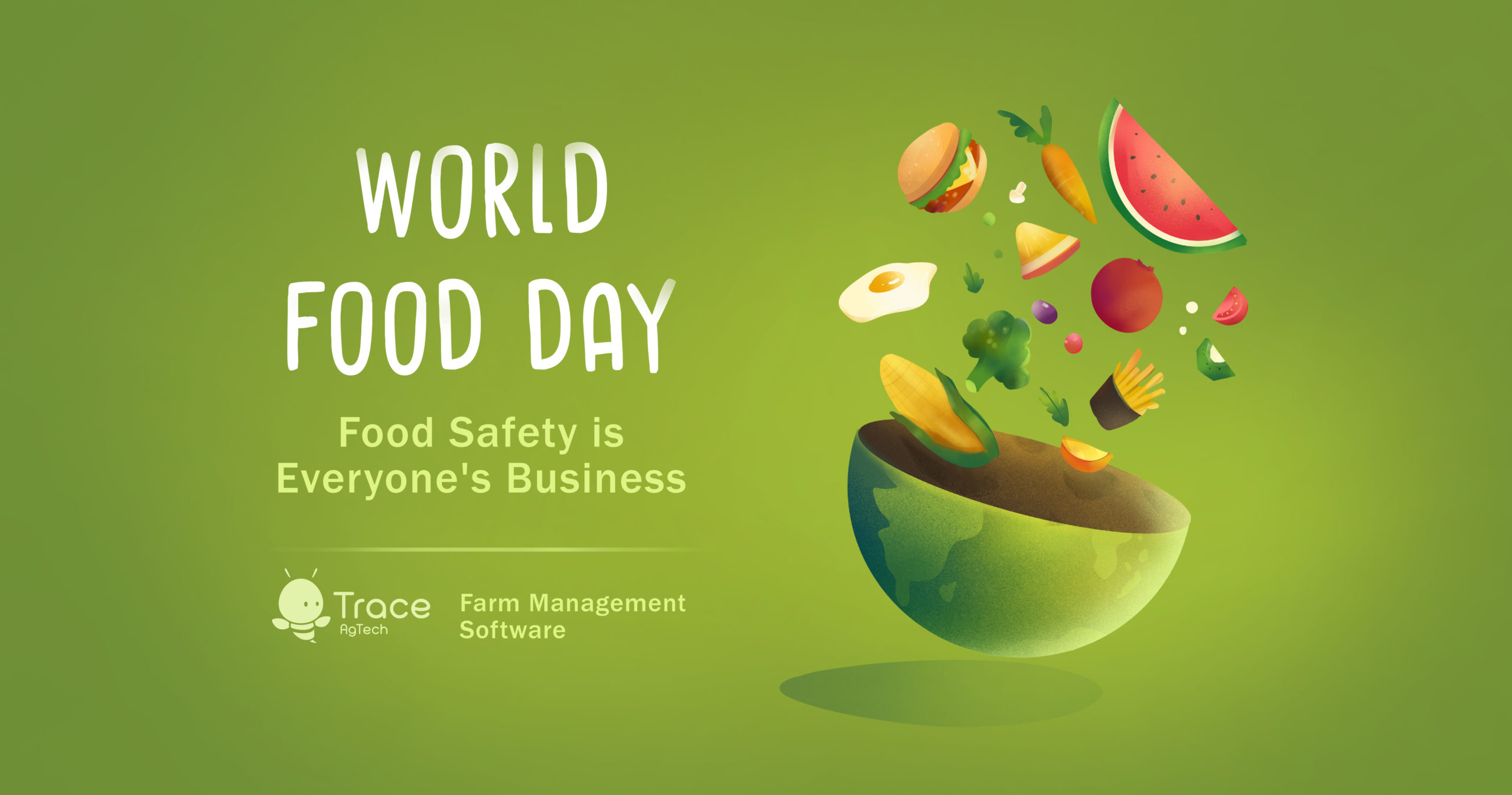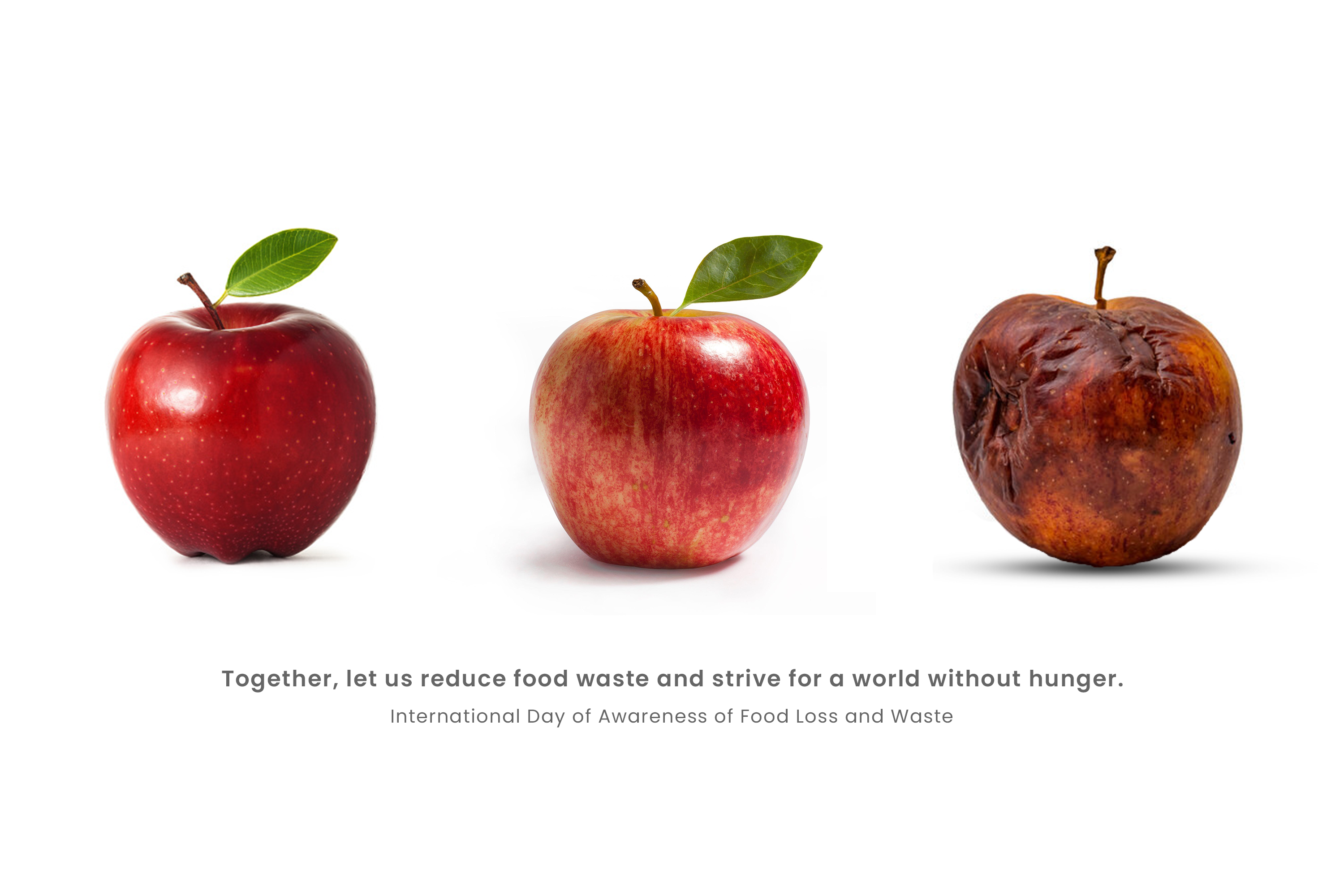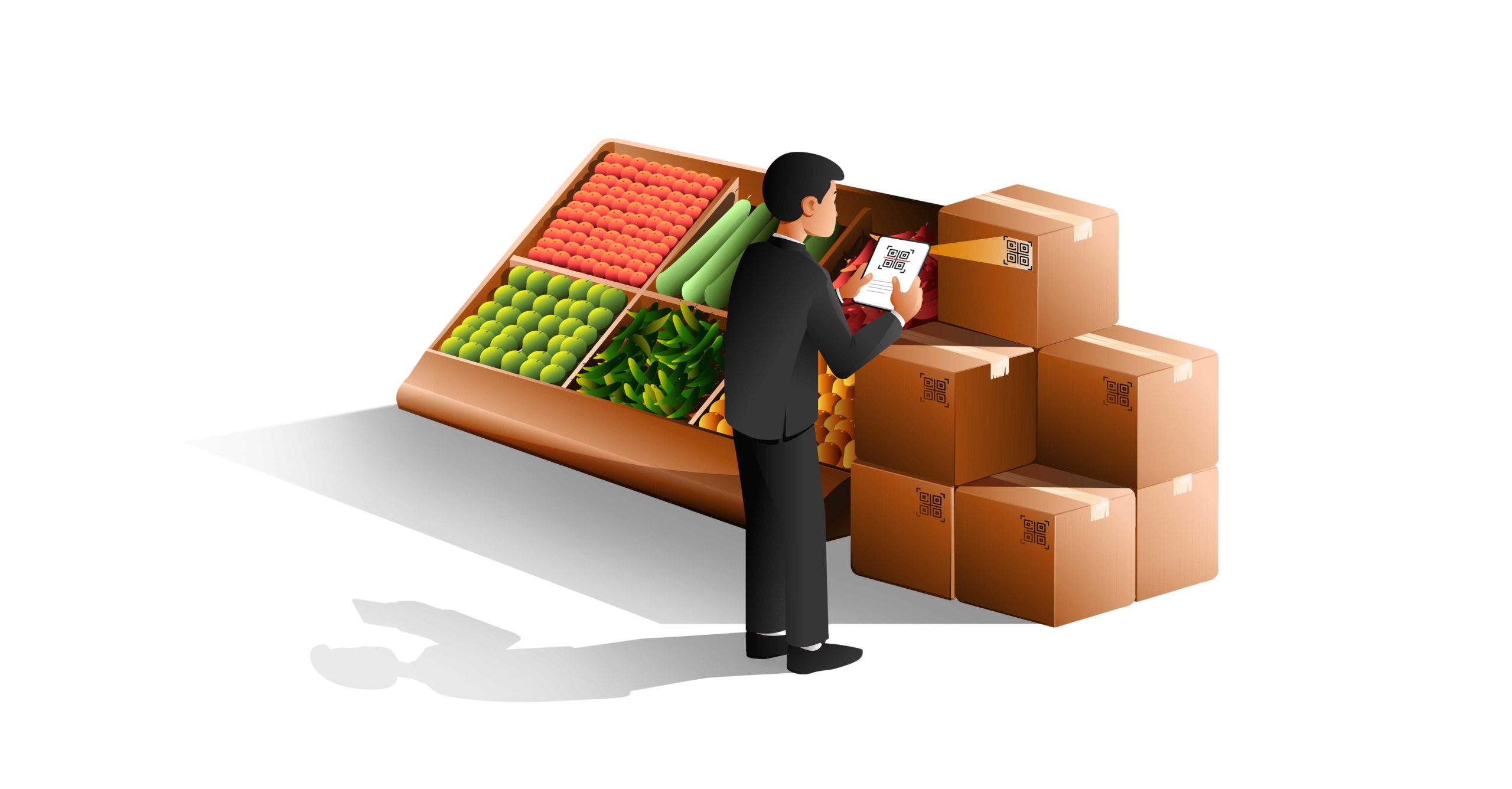Farm Management Software (FMS) for Successful Organic Farming
Organic farming is a sustainable agricultural system that promotes ecological balance by maintaining soil fertility through the use of eco-friendly fertilizers and pesticides that works best for the land and climatic conditions of the location. Organic farming does not permit the use of harmful chemicals in pesticides and fertilizers. It focuses on reducing the effects of traditional agriculture that leaves a lasting adverse impact on the environment and human health.

Sustainability and Traceability are two core principles of organic farming that makes it attractive to customers and vouches for its bright future. Hence, organic farming needs careful planning and constant monitoring. Not only does Organic farming help an agribusiness achieve its Sustainable Developmental Goals (SDG), it can also be more profitable and effective, if executed using a Farm Management Software (FMS).
Adoption of technologies, especially farm management software’s so far has been very limited in the organic farming sector, but is improving at an exponential rate. More and more progressive farmers and companies are proactively experimenting with the FMS as a tool to enhance their success rate in this field.
A Farm Management Software (FMS) is the best way to carry out organic farming activity effectively as it provides a very high control over the whole process, from farm to fork.
Here’s how:
- Registration of Farmers for Organic cultivation
Proper documentation of all details of the farmer as well as his farm is a critical component of the traceability system. The farm has to pass certain criteria before an organic certification can be given to it. By digitizing the farm audits the assessment process can be made simpler, faster and more efficient. Certifying bodies also can easily access details for their audits.
The farmer’s diary which records the daily activities of the farm is an important document that gives incredible insight into the agricultural activity. A farm software helps in digitizing this, thereby making it easier to analyze and share it with prospective clients. This is done through customizable mobile applications with regional language interface.
- Pest and Disease Management
Chemical pesticides are a big no in organic farming. This makes the timely advice and support to the farmers a critical factor for its success. If farmers are given access to information such as the GAP (good agricultural practices), pest disease management, etc they will be able to prevent or contain pest/disease incidences. A good FMS can empower the farmers with this feature.
- Sustainability
The Sustainability module offered by Farm Management Software takes into account the four pillars of sustainability: Human, Economic, Social and Environmental. A Farm Software can keep to implement sustainability practices, track them and also audit them for its effectiveness.
- Traceability
Traceability is an important aspect of Organic farming that helps the customers to determine the authenticity of the produce. Knowing the details regarding the farm from where it came from, the farmer who produced it, the growth journal of the produce in the field, and how it reached the consumer is a valuable and sought after information by the modern consumers. A Farm Management Software uses advanced technology, like the Blockchain Technology, to safeguard farm data which can be accessed by prospective clients to check the quality of the product and track its journey from farm to fork.
- Farm Audits
Farm Audits can be done through field staff carrying mobile phones to document and sync real time data through the farm management apps. Audits are done by the agribusiness to assess the effectiveness of their program and also by the certifying bodies to evaluate and certify a farmer. An FMS helps pull the relevant data from a central server for the evaluation.
Organic Farming in the Indian Context.
Only 2 percent of the total sown area in India belongs to the organic farming sector and this number is estimated to steadily rise in the coming years. According to Down to Earth, a fortnightly magazine that focuses on environment and health,
Of this, [2 percent] 1.94 million ha is under National Program for Organic Production (NPOP); 0.59 million ha under Paramparagat Krishi Vikas Yojna (PKVY); 0.07 million ha under Mission Organic Value Chain Development for North Eastern Regions (MOVCDNER) and 0.17 million ha under state schemes or non-schemes.
This shows that NPOP scheme covers about 70 per cent of the organic area of the country, of which 30 per cent is under conversion.
Organic farming businesses in India cannot have direct business dealings with individual farmers. The Agribusinesses can contact Internal Control Systems (ICS) which are clusters of farmers ranging from 25 to 500 in number. An agribusiness can deal with any number of such clusters. Thus, in the Indian Context, a Farm Management Software can have the following benefits:
- Monitor and control any number of ICS from different locations.
- Separate data analysis for each ICS or farm.
- Auditing and certifying made easy for agencies.
- Effective organizing and differentiating the produce from different farms into lots.
- Device to collect the signature of farmers from various locations digitally for producing essential documents in digital format, unlike the usual hustle for the hard copy.
Trace Agtech is an intuitive and feature rich farm management software that will integrate all of your contract farms and farmers on a single platform. It helps you in digitizing farm diaries, geo-fencing farms, pest/disease control, real-time support to farmers, expense tracking, yield forecasting, buying, quality control, farm audits, traceability, sustainability, training master trainers (TOT) & farmers, monitoring & managing field staff, etc.












Any comments?